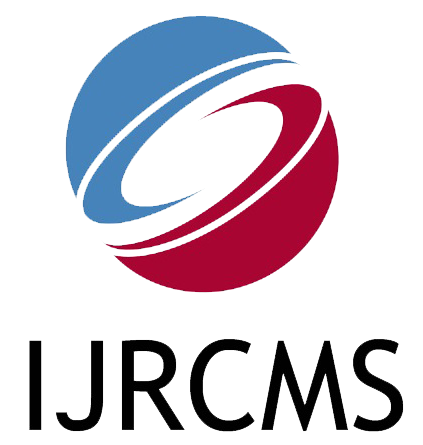| Title: RESPONSIBLE TOURISM IN KERALA WITH SPECIAL REFERENCE TO RESPONSIBLE TOURISM IN VAIKOM |
| Author: Jesvin Jose |
| Abstract: Kerala is one of India’s top tourist destinations, known as “God’s Own Country.” Kerala has emerged as one of the prime tourism destinations on the national and international tourism map. Tourism generates a good amount of revenue for Kerala state finance. There are several challenges also Kerala tourism industry faces like water and air pollution, environmental degradation, deterioration of cultural heritage and social problems. Recognizing these adverse impacts now Kerala Tourism department focusses on “to create better places for people to live in and for people to visit.” Kerala state tourism department takes forward the concept of responsibility in tourism into practice. For giving an ecofriendly face in the field of tourism the Kerala state tourism department implemented the concept of responsible tourism in the year 2007.Vaikom in Kottayam district is an important tourist place in Kerala. |
| Keywords: Assessing, Performance, Management, Relation, Corporate Culture |
| DOI: https://doi.org/10.38193/IJRCMS.2024.6607 |
| PDF Download |
| Date of Publication: 06-12-2024 |
| Download Publication Certificate: PDF |
| Published Volume & Issue: Volume 6 Issue 6 Nov-Dec 2024 |
International Journal of Research in Commerce and Management Studies (IJRCMS)
ISSN 2582-2292, An open access bi-monthly e-journal
